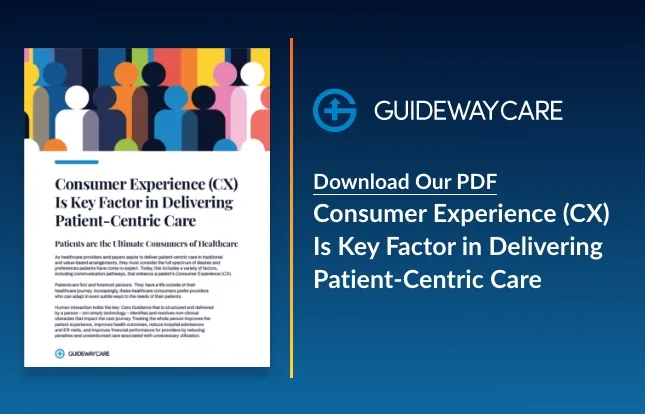Oncology Navigation Standards: Improving Cancer Treatment

Healthcare equity involves treating patients with cancer with a higher level of care, even if they have a more diverse or underprivileged background. This is particularly true if they have experienced racism or other social factors.
These factors could create barriers to proper health services. As a strategy to improve health outcomes for marginalized people, the Oncology Navigation Standards of Professional Practice is an excellent guide.
In this article, let’s talk about what these standards entail so that you can improve your model for providing oncology treatment.
Patient Navigation Roles
There are three formally established roles for the standards:
Oncology Patient Navigator
Non-clinical staff can provide guidance and support for patients. This includes survivorship, treatment, diagnosis and screening.
Clinical Oncology Nurse Navigator
RNs who have experience in clinical oncology can help patients overcome care barriers. They can provide resources, education and better decision-making for quality health outcomes.
Clinical oncology social work navigator
A licensed social worker who has a master’s degree can combine oncology experience with psychosocial knowledge. Their role is similar to nurse oncology navigators. These social work navigators help patients connect with education and resources to improve their care.
General Navigation Standards Of Practice
Now, let’s cover the 19 standards of practice applied to each role mentioned above.
Ethics
All navigators should use respect, compassion, and empathy. They have a commitment to the patient to advocate for them, protect their rights, and of course, their health and safety.
Qualifications
Oncology navigators must have the proper licensure, education, certification, and other qualifications. This allows them to be accountable to the patients, their employers, and the communities in which they operate.
Knowledge
Oncology navigators must integrate current evidence into the daily practice and continue to seek out proper knowledge.
Culture And Linguistic Humility
Every culture and language has unique differences. These should be respected and responded to by navigators.
Interdisciplinary And Interorganizational Collaboration
With patients at the center of oncological focus, navigators must collaborate and communicate across professions and healthcare teams.
Communication
Navigators should leverage a variety of communication tools, technologies, and protocols. This allows caregivers and the public to communicate with patients effectively.
Professional Development
Any oncology navigator should use critical thinking to continue to develop their practice and their knowledge. This allows them to provide higher levels of care.
Supervision
Oncology navigators must have the right skills to supervise others in a professional setting.
Mentorship And Leadership
They must establish peer mentorship relationships to support the navigation role in a live practice setting.
Self-Care
Burnout can be real for oncology navigators. Taking care of their own physical, spiritual, and emotional health is of the utmost importance.
Prevention, Screening, And Assessment
Early detection, screening, and other health assessments require national, community, and local resources to be accurate.
Treatment, Care Planning, And Intervention
Care can be difficult to access for some communities. By mitigating these barriers, navigators can help patients obtain additional information and support for their cancer treatment.
Psychological Assessment Intervention
Navigators should use patient-centered interviewing and listening skills along with empathy. This allows them to find the appropriate methods to offer clinical support to the patient’s needs and manage expectations.
Survivorship
When transferring from one type of cancer treatment into survivorship or chronic management, navigators are essential for helping assess the best methods for quality of life.
End Of Life
Oncology navigators must help support patients as they near the end of their lives during palliative care stages.
Advocacy
Patients’ preferences should be kept in mind during the creation of oncological goals. Navigators can help be the bridge between professionals and patients.
Operational Management
Navigators must understand the organizational structure within which they work. They should have a deep understanding of their role and how it contributes to patient outcomes.
Practice Evaluation And Quality Improvement
Data, metrics, and other information help navigators evaluate the success of their programs. Ultimately, they can find new initiatives for better treatment.
Evidence-Based Care
The final standard is using evidence to improve healthcare practices. Navigators should integrate evidence, research, and other findings for optimal results.
Improve Patient Outcomes Today
Reach out to Guideway Care about our oncology care model. We use healthcare best practices to help you improve patient satisfaction, reduce cost of care, and streamline medical operations.
As such, you can grow your practice while providing the best quality medical care for patients from all backgrounds.
Contact Us Today To Learn How We Can Help
"*" indicates required fields




